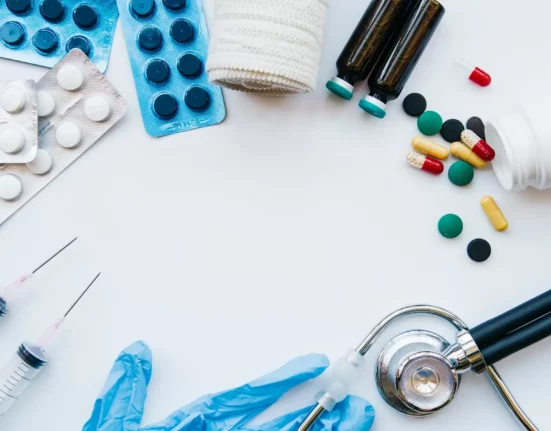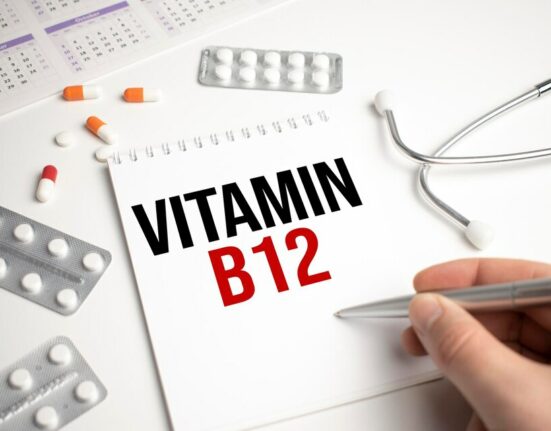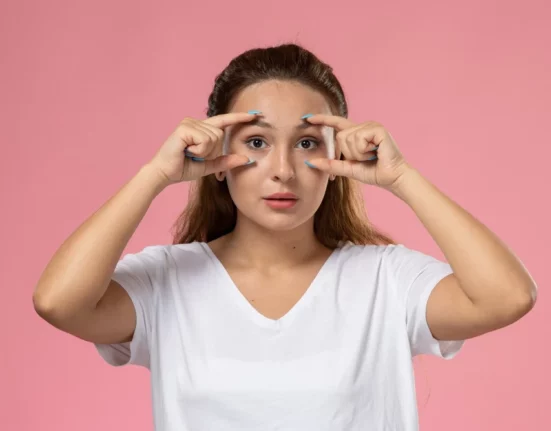The kidney is the crucial part of the urinary tract. It’s a bean-shaped organ whose primary function is to remove impurity from the blood. The purified blood is returned to the heart via a renal vein, and impurities are shipped to the uterus in the form of urine. A human body has two kidneys, and they are present on each side of the backbone under the ribs. If your kidneys are healthy, they filter around 160 gm of blood a day. In such cases, you need to visit a nephrologist or urologist in Mohali. Both these terms are quite confusing. Let us first clear your confusion. The nephrologist is the specialist who treats solely kidney-related disease. On the other hand, Urologists deal with all urinary tract issues, including the kidney. In addition to this, nephrology treatment is medication-based, whereas urologists can also perform surgery when required.
The causes of kidney disorders are infinite. However, people who suffer from diabetes, high blood pressure, and other serious health issues are at higher risk of kidney failure. Besides this, many people also suffer from kidney stones. These are a mass of crystals formed with mineral deposits and salts sticking together with concentrated urine. It can hamper the functioning of the kidneys. Sometimes kidney stones are very small and can be simply treated with medication. But other times, it can be large which can cause extreme pain and discomfort.
If stones are not passing naturally by the medicines and home remedies, in that case, you need to visit a urologist in Chandigarh or your city for surgery. The kidney stones are formed because of excessive calcium, uric acid, oxalate along with other crystal-forming substances in the urine. Kidney stones not only affect kidney function but also damage other parts of the urinary tract. In case you have kidney stones, you know how painful it is. Here we are going to discuss causes, symptoms, prevention and treatment of the kidney.
Key Symptoms Of Kidney Stones
- Extreme pain in the back, lower abdomen, or around the belly
- Inflammation in penis or vagina during urination
- Feels to urinate often ( typically more than 10 times a day)
- The presence of blood in the urine
- Your skin become very dry as well as itchy
- You can’t sleep comfortably
- You feel nauseous from certain foods.
Causes Of Kidney Stone
- The people who do not drink enough water and stay dehydrated for most of the day are at high risk of developing kidney stones.
- The individual whose family has the history of kidney stones also has higher chances of being a victim of this disorder.
- It has been seen that bulky and obese suffers more from the stone problem than skinny people.
- Studies have shown that people who consume excessive amounts of calcium and oxalate-rich foods have stones in their kidneys. You will be surprised to know that even healthy foods like spinach, bran cereals, tomato, etc., contain oxalate. It would be better to avoid such foods to get rid of kidney stones. Apart from this, sodium and animal protein can also give birth to kidney stones. Therefore it is important to watch what you are eating.
- As discussed above, the diabetic and individual suffering from high blood pressure have more chances of having kidney stones than others. If you are one among them, visit a doctor for regular health checkups and seek the advice of the best urologist if experiencing any of the above symptoms.
Incredible Tips To Prevent Kidney Stones
- Drink plenty of fluids and avoid caffeine-containing drinks like coffee, tea, etc.
- Lemon juice can also help in eliminating kidney stones.
- Too much sodium can increase the chances of developing kidney stones. Therefore, it would be better to avoid the excessive consumption of table salt.
- Include basil, celery juice and pomegranate juice in your daily meal.
- Few studies have shown that Apple cider vinegar is also very effective in dissolving all kinds of kidney stones.
- Do not eat oxalate containing foods.
Treatment Of Kidney Stone
In India, kidney stone is typically treated with medication, shock wave lithotripsy, and ureteroscopy. Medicines and lithotripsy are effective in breaking and dissolving small kidney stones. However, if you have a large, tough and hidden stone, you need to undergo ureteroscopy.





